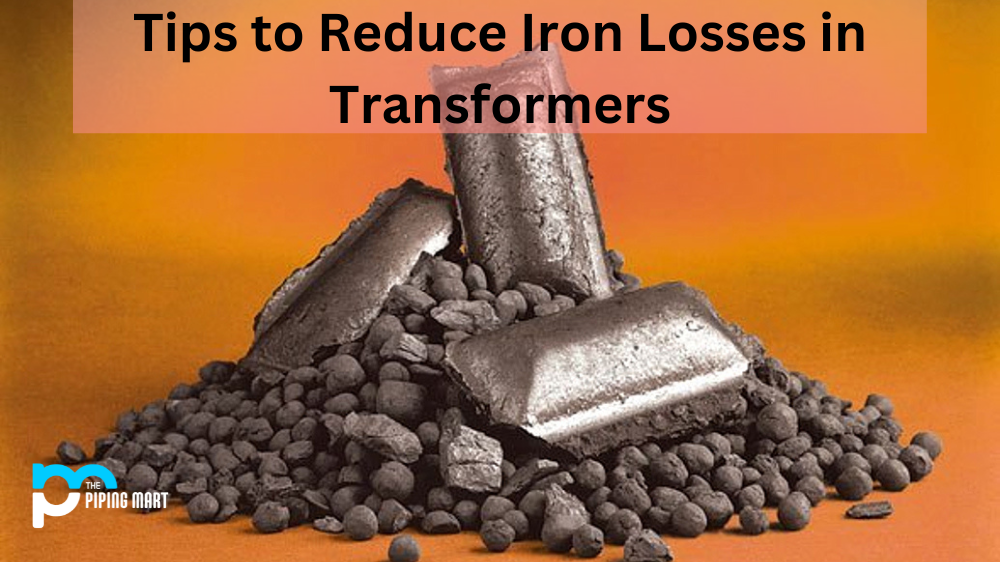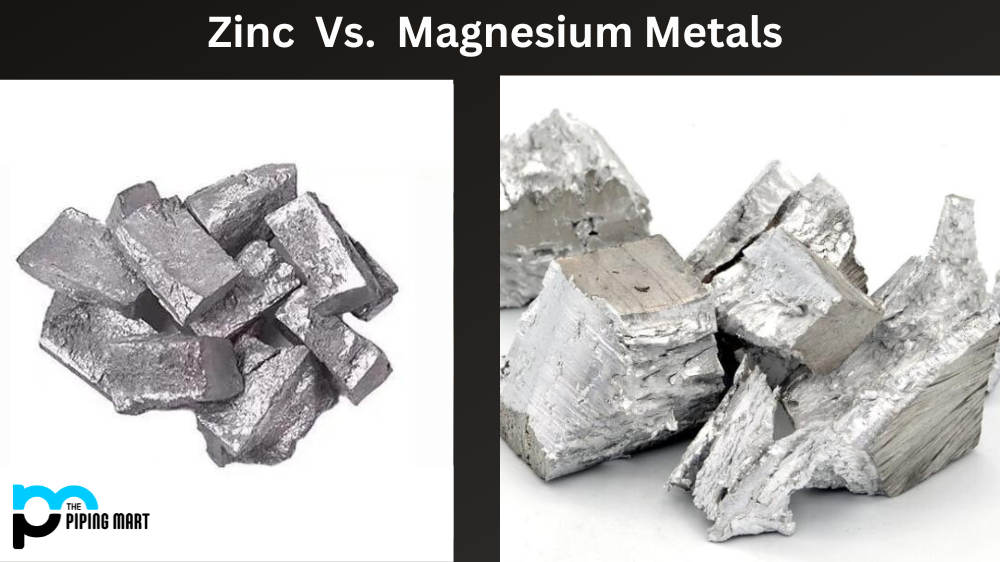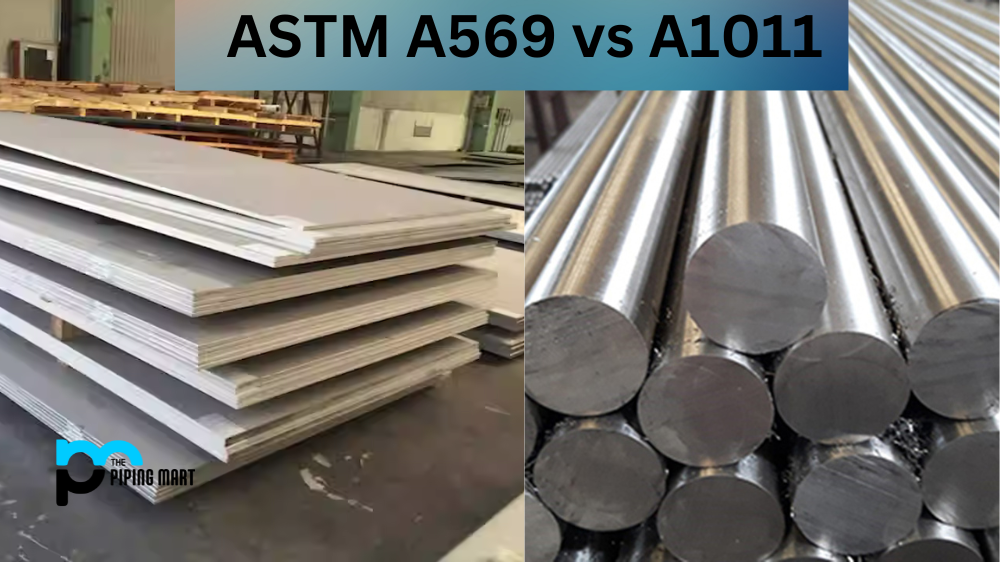Transformers are a vital component of many electrical systems, but they can be prone to iron losses. Iron losses occur when the cores of transformers absorb energy as heat instead of transferring it. This reduces the efficiency and reliability of the transformer and can increase operational costs. Fortunately, there are some things you can do to reduce iron losses in your transformer. Let’s explore what they are.
What is iron losses?
Iron losses are an important concept in electrical engineering and refer to the energy that is lost due to the presence of iron. This type of loss is caused by three main factors: hysteresis, eddy current, and interaction between changing magnetic fields. In essence, any time electricity flows through a medium containing iron, some amount of energy will be lost due to hysteretic behavior, eddy currents created by the flowing current, and opposing magnetic fields generated at various points throughout the system. Iron losses play a large role in the design of power systems such as generators and transformers – minimizing these kinds of losses is key in order to achieving efficient operation.
Tips to Reduce Iron Losses in Transformers
Choose Quality Materials
The core materials used in transformers play a huge role in determining how much energy is lost as heat. Choosing premium quality materials for your core is essential for minimizing iron losses and ensuring that your transformer operates efficiently and reliably over time. Some common core materials used in transformers include steel, silicon steel, and ferrite/iron powder cores. Steel cores are often an economical choice, but they do not offer optimal performance or efficiency due to their susceptibility to hysteresis loss. Silicon steel cores are ideal for applications that require high efficiency at low cost because they have better magnetic properties than steel cores and lower hysteresis losses. Finally, ferrite/iron powder cores provide excellent performance with very low hysteresis losses but can be expensive compared to other materials.
Optimize Core Design
The design of the core can also have a big impact on the amount of energy lost as heat due to iron loss. The most important factor in optimizing core design is size; larger cores allow more current to pass through without creating too much heat loss, while smaller cores create higher levels of resistance which causes greater amounts of energy to be dissipated as heat rather than transferred as useful power output. Additionally, choosing a material with a high permeability will reduce eddy currents within the core which cause additional energy loss as heat. Finally, optimizing the shape of the core will help ensure that it has minimal stray magnetic fields that can cause additional hysteresis losses within the transformer system.
Keep It Cool
Cooling fins or fans should be installed on all transformers that are operating at higher temperatures or under load for long periods of time; this will help keep temperatures within safe limits and reduce energy lost due to iron loss from overheating or thermal cycling (when temperatures fluctuate drastically). Additionally, providing external cooling such as water jackets or air chillers can further reduce iron losses by reducing internal temperature gradients and preventing hot spots from forming on any part of the transformer’s surface area where heat dissipation may occur more quickly than elsewhere on the transformer’s surface area.
Conclusion:
Reducing iron losses from your transformer system is essential for ensuring optimal performance and reliability over time. By selecting quality materials for your core design, optimizing your core design for maximum efficiency, and keeping it cool with external cooling methods like water jackets or air chillers, you can significantly reduce your transformer’s iron losses and maximize its efficiency over time! With these tips in mind, you should have no problem reducing your electrical system’s iron losses!

Meet Bhavesh, a seasoned blogger with a wealth of knowledge and experience. From metal products manufacturing to retail, Bhavesh has a diverse background in various industries and is dedicated to sharing his insights and expertise with readers.




